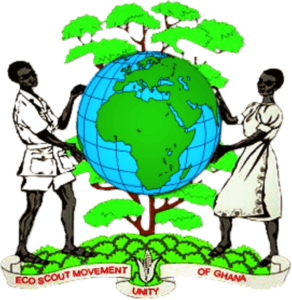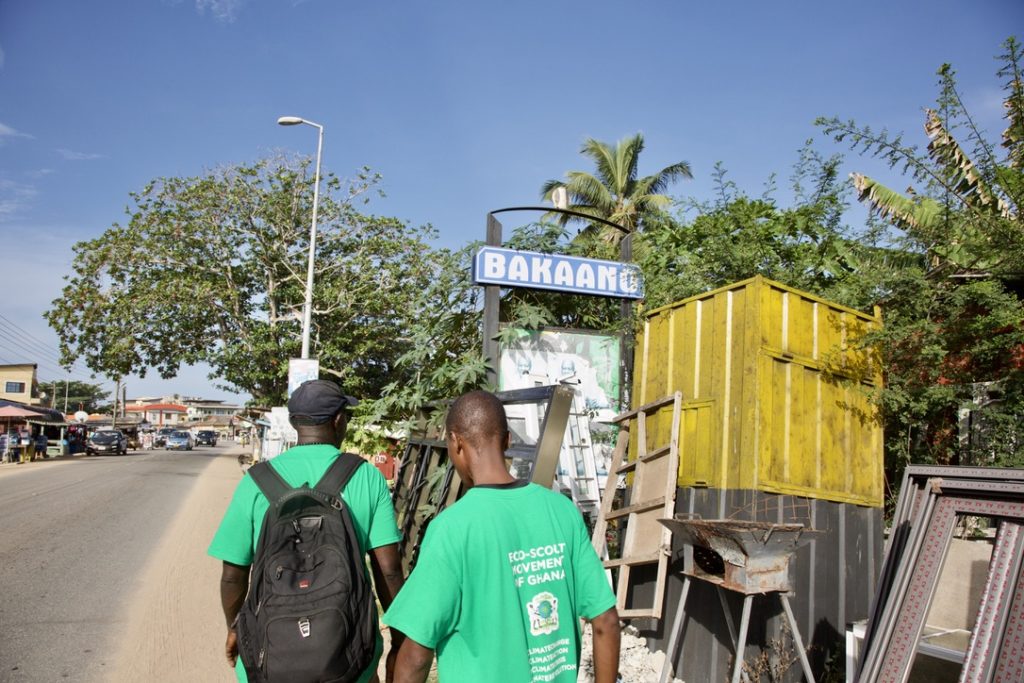Welcome to the enchanting world of Ghana, where nature’s wonders come alive in vibrant and diverse ways.
Discover Ghana’s rich biodiversity, from lush rainforests to sprawling savannahs. Immerse yourself in nature and explore vibrant cultures. Ghana is a top destination for eco-tourism, offering awe-inspiring experiences for adventurous souls and nature enthusiasts alike. Come create lasting memories and uncover the secrets of this paradise for nature lovers. Get ready to embark on an unforgettable journey that will awaken your senses and ignite your wanderlust. Ghana awaits, ready to unveil its hidden treasures.
The Biodiversity of Ghana
Top Eco-Tourism Destinations in Ghana
When it comes to eco-tourism destinations, Ghana has no shortage of breathtaking places to explore. One of the must-visit destinations is the Mole National Park, a vast savannah reserve in the northern part of the country. Here, you can embark on exciting safari adventures and spot elephants, buffalos, antelopes, and over 300 bird species. The park also offers captivating walking tours, allowing you to get up close and personal with the wildlife.
For a different kind of adventure, head to the Wli Waterfalls in the Volta Region. This natural wonder is the highest waterfall in West Africa, cascading down from a height of 60 meters. The surrounding lush vegetation and the opportunity to swim in the cool pools at the base of the falls make it a favorite among nature enthusiasts. You can also explore the nearby Tafi Atome Monkey Sanctuary, where you can observe the endangered Mona monkeys in their natural habitat.
Wildlife Encounters in Ghana
Ghana’s abundant wildlife provides ample opportunities for unforgettable encounters. In addition to the elephants and antelopes found in Mole National Park, you can spot leopards, hyenas, and warthogs. The park is also a birdwatcher’s paradise, with species like the African grey parrot and the Egyptian plover gracing the skies. And if you’re lucky, you might even catch a glimpse of the elusive African leopard.
But Ghana’s wildlife extends beyond the national parks. The Shai Hills Resource Reserve, just a short drive from Accra, is home to baboons, antelopes, and a variety of bird species. The reserve’s rocky hills and caves also provide a unique backdrop for exploration. For a truly immersive wildlife experience, consider visiting the Wechiau Hippo Sanctuary in the Upper West Region. This community-managed sanctuary offers boat tours where you can observe hippos in their natural habitat and learn about the conservation efforts in place to protect them.
Bird Watching in Ghana
Ghana is a birdwatcher’s paradise, with over 750 bird species recorded within its borders. The Ankasa Conservation Area, located in the southwestern part of the country, is a haven for bird enthusiasts. With its diverse range of habitats, including rainforests, wetlands, and savannahs, Ankasa is home to species like the white-necked rockfowl, the African fish eagle, and the colorful turacos.
Another birding hotspot is the Atewa Range Forest Reserve, situated in the Eastern Region. This pristine rainforest is home to the critically endangered Togo slippery frog and a variety of unique bird species, including the rare and elusive yellow-headed Picathartes. The Kakum National Park also offers excellent birdwatching opportunities, with its canopy walkway providing a unique vantage point to observe both forest-dwelling and canopy-dwelling species.
Forest Exploration and Hiking in Ghana
Ghana’s rainforests are a treasure trove of biodiversity, offering endless opportunities for exploration and hiking. The Kakum National Park, with its dense canopy and diverse plant life, is a must-visit for nature lovers. The park’s famous canopy walkway, suspended high above the forest floor, allows you to experience the rainforest from a whole new perspective. As you walk among the treetops, keep an eye out for the rare Diana monkey and the vibrant African butterfly.
For a more off-the-beaten-path adventure, head to the Western Region and explore the Ankasa Conservation Area. This pristine rainforest is a paradise for hikers, with its network of trails leading you through lush vegetation and crystal-clear streams.
Community-based Eco Tourism Initiatives in Ghana
Ghana’s eco-tourism industry is not just about exploring nature; it’s also about supporting local communities and their sustainable initiatives. Many communities in Ghana have embraced eco-tourism as a means to protect their natural resources and improve their livelihoods.
The Tafi Atome Monkey Sanctuary, for example, is managed by the local community, who have taken it upon themselves to protect the endangered Mona monkeys and create awareness about their conservation.
Another community-based initiative is the Nzulezo Stilt Village in the Western Region. This unique settlement is built entirely on stilts in the middle of Lake Tadane, and the local inhabitants offer guided tours to showcase their way of life and promote cultural exchange. By visiting these community-based initiatives, not only do you get to experience Ghana’s rich biodiversity, but you also contribute directly to the well-being of the local communities.
Sustainable Practices in Ghana’s Eco-Tourism Industry
Sustainability is at the heart of Ghana’s eco-tourism industry. Many eco-lodges and tour operators in the country have adopted sustainable practices, such as using solar energy, supporting local farmers, and employing local guides.
Furthermore, Ghana’s government has implemented policies and regulations to ensure the preservation of its natural resources. Protected areas, such as the Mole National Park and the Kakum National Park, have strict guidelines in place to protect the flora and fauna within their boundaries. By adhering to sustainable practices and supporting eco-friendly initiatives, Ghana’s eco-tourism industry is paving the way for a greener future.
Planning Your Eco-Tourism Trip to Ghana
When planning your eco-tourism trip to Ghana, it’s essential to consider the best time to visit and the necessary preparations. The dry season, from November to March, is generally the most favorable time for outdoor activities, as rainfall is minimal.
In terms of accommodation, Ghana offers a range of eco-friendly options, from luxury eco-lodges to community-run guesthouses. Research and book your accommodations in advance to ensure availability. Additionally, don’t forget to check the visa requirements for your country of residence and make any necessary arrangements.
Conclusion
Ghana’s rich biodiversity and commitment to eco-tourism make it a top destination for nature enthusiasts and adventurers alike. Discover the awe-inspiring rainforests and fascinating wildlife of Ghana, where nature’s wonders will leave you breathless. With a commitment to sustainable practices and community-based initiatives, you can help preserve Ghana’s natural resources while forging meaningful connections with local communities and creating unforgettable memories. So, pack your bags, embark on an unforgettable journey, and uncover the secrets of Ghana’s breathtaking biodiversity. The wonders of this enchanting country await your discovery.

